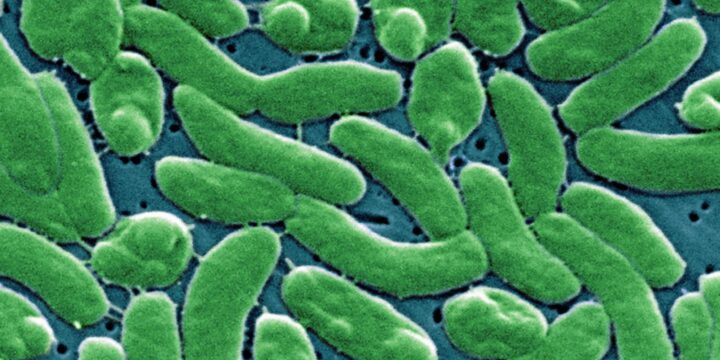
Monkeypox Update: Steep Drop in Cases, but America Is Still the Hotspot
Friday, October 21, 1:52 P.M. EDTNew Monkeypox Cases Have Declined 88 Percent Since AugustLatest tracking from the Centers for Disease Control and Prevention (CDC) indicates that the seven-day daily average for monkeypox as of October 19 was 48 cases — an 88 percent drop from the 443 daily average on August 6 during the outbreak’s peak. LGBTQ Nation attributes the decline to several factors, including uptake of an effective monkeypox vaccine, men who have sex with men (MSM) reducing partners, and the virus’s self-limiting ability to spread (transmitting almost entirely through skin-to-skin contact).Gothamist on October 18 wrote that New York City has almost eliminated monkeypox, and in San Francisco, the local government announced that the public health emergency due to monkeypox will end on October 31 as cases there have…








